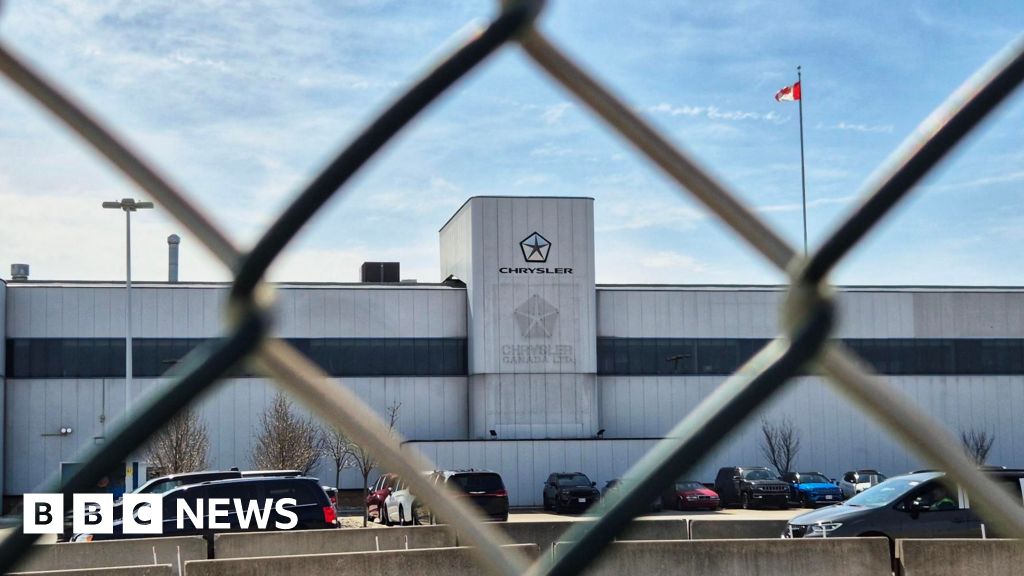
The Uncertain Future of Canadian Auto Workers: A Temporary Shutdown’s Ripple Effect
The hum of the assembly line, once a constant rhythm in Windsor, Ontario, has fallen silent. Stellantis, a major automotive manufacturer, has announced a two-week shutdown of its plant, leaving thousands of workers grappling with uncertainty and fear for their livelihoods. This temporary closure, ostensibly due to the impact of US tariffs, has sent shockwaves through the community, highlighting the precarious nature of the automotive industry and the vulnerability of its workforce.
Beyond the immediate impact of lost wages for the two weeks, the shutdown casts a long shadow over the future. The temporary nature of the closure is little comfort to those who worry about the long-term viability of their jobs. The automotive industry is known for its cyclical nature, susceptible to shifts in global markets, technological advancements, and political decisions. This shutdown serves as a stark reminder of this volatility.
The imposition of US tariffs acts as a significant catalyst for this situation. These tariffs increase the cost of exporting vehicles from Canada to the US, a major market for Canadian automakers. This makes Canadian-made vehicles less competitive, potentially reducing demand and impacting production levels. While the shutdown is framed as a temporary measure to address the immediate impact of the tariffs, it raises concerns about the long-term competitiveness of the Canadian auto industry in the face of these trade barriers.
The anxiety extends beyond the workers directly affected by the shutdown. Windsor’s economy is heavily reliant on the automotive sector. Thousands of supporting businesses, from parts suppliers to restaurants and shops, rely on the income generated by the plant’s employees. A prolonged shutdown or further production cuts could have a devastating ripple effect across the entire community, leading to job losses and economic hardship across a wider spectrum.
This situation also highlights the need for greater diversification within the Canadian economy. Over-reliance on a single industry, particularly one as susceptible to external factors as the automotive sector, leaves communities vulnerable to economic shocks. Investment in other sectors and the development of new industries are crucial to ensuring the long-term economic stability of regions like Windsor.
Furthermore, the shutdown underscores the importance of strong labor protections and social safety nets. While the temporary nature of the closure may offer some relief, it emphasizes the need for robust support systems to help workers navigate periods of unemployment and uncertainty. Access to retraining programs, unemployment benefits, and other social services is crucial in mitigating the negative impacts on individuals and families.
The shutdown at the Stellantis plant in Windsor is more than just a temporary disruption; it’s a symptom of deeper structural issues within the automotive industry and the broader economy. It serves as a wake-up call, urging policymakers, businesses, and workers to collaborate on strategies to build a more resilient and sustainable future for the Canadian automotive sector and the communities it supports. The immediate concern is the welfare of the workers, but the long-term implications demand a comprehensive and proactive response to ensure the continued prosperity of the region and the nation.



Leave a Reply